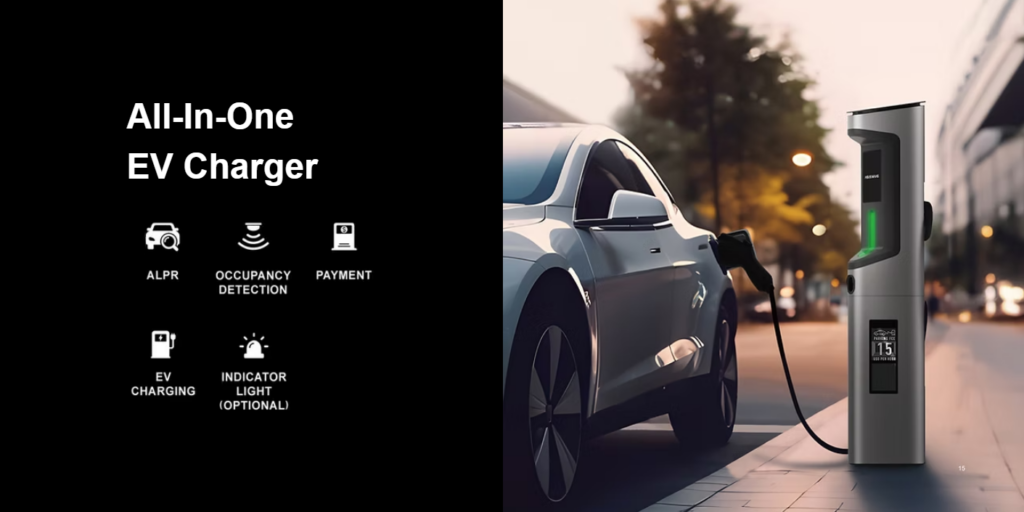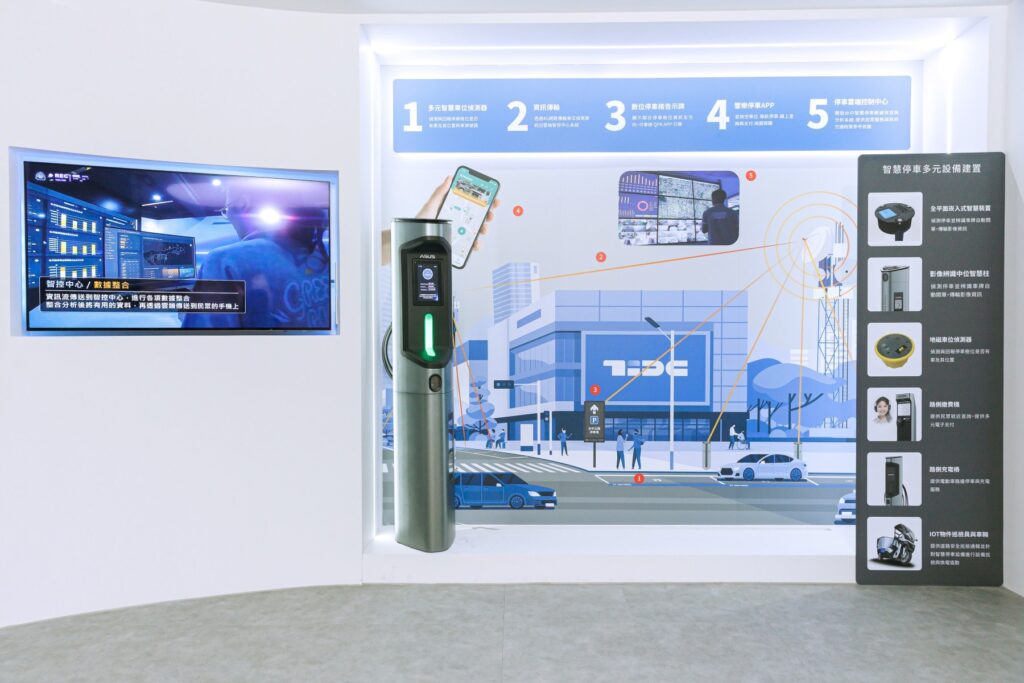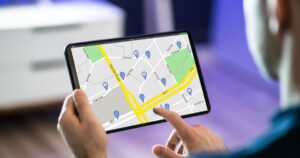While smart mobility solved big electric vehicle (EV) concerns like charging and range anxiety, it uncovered a new challenge: parking infrastructure.
As cities pour resources into smart applications, the focus is now shifting to how parking and charging systems can work together seamlessly.
So, what’s being done? Let’s take a look.
Smart mobility and parking systems
The lack of parking infrastructure is a hot topic in Taiwan at the moment. Companies like Acer and Asustek Computer are putting their weight behind parking management now.
They are looking at developing systems that combine parking solutions with EV charging stations.
As reported by DigiTimes, Asus Cloud and Taiwan Web Service (TWSC) general manager Peter Wu recently addressed the challenges of smart parking poles.

These devices offer parking spots and gather data for smart city initiatives using AIoT technology.
Concept clarified: AIoT stands for the Artificial Internet of Things. It’s a combination of AI with the existing IoT infrastructure. The purpose is to improve human-machine interactions and improve data management and analytics.
Below is an image of the first all-in-one smart charger in Taiwan, from a partnership between Taiwan International Development CO. (TIDC), ASUS MAAS, and the ASUS IoT business unit.

Image credit: ASUS MAAS.
ALSO READ: EV range anxiety: The $7.5 billion plan to fix it by 2030
Implementation challenges
Part of the issue in Taiwan is different operators managing various systems. This leads to operational inconsistencies.
Clio Kuo, director of Asus MAAS, says the country is in need of integrated services that combine parking, charging, and payment into one solution.
For example, while license plate recognition has made parking easier to manage, they still face challenges like new license plate formats messing with the existing issues.
And of course, cybersecurity is still a major concern.
Cybersecurity and the need for standardization
To overcome this, we need smart mobility standardization – consistent standards across different regions. Kuo urges stakeholders to address the cybersecurity risks.
Especially since parking poles collect extensive user information; information that extends beyond just license plate numbers.
This situation isn’t unique to Taiwan. Globally, the push for smart mobility requires a reevaluation of parking infrastructure. For instance, the European Union aims for a fully electric vehicle fleet by 2030.
Meanwhile Huawei introduced ultrafast EV chargers in China.
The way forward is clear: cities around the world must address how it will integrate advanced parking and charging systems.
About the author
Cheryl has contributed to various international publications, with a fervor for data and technology. She explores the intersection of emerging tech trends with logistics, focusing on how digital innovations are reshaping industries on a global scale. When she's not dissecting the latest developments in AI-driven innovation and digital solutions, Cheryl can be found gaming, kickboxing, or navigating the novel niches of consumer gadgetry.












